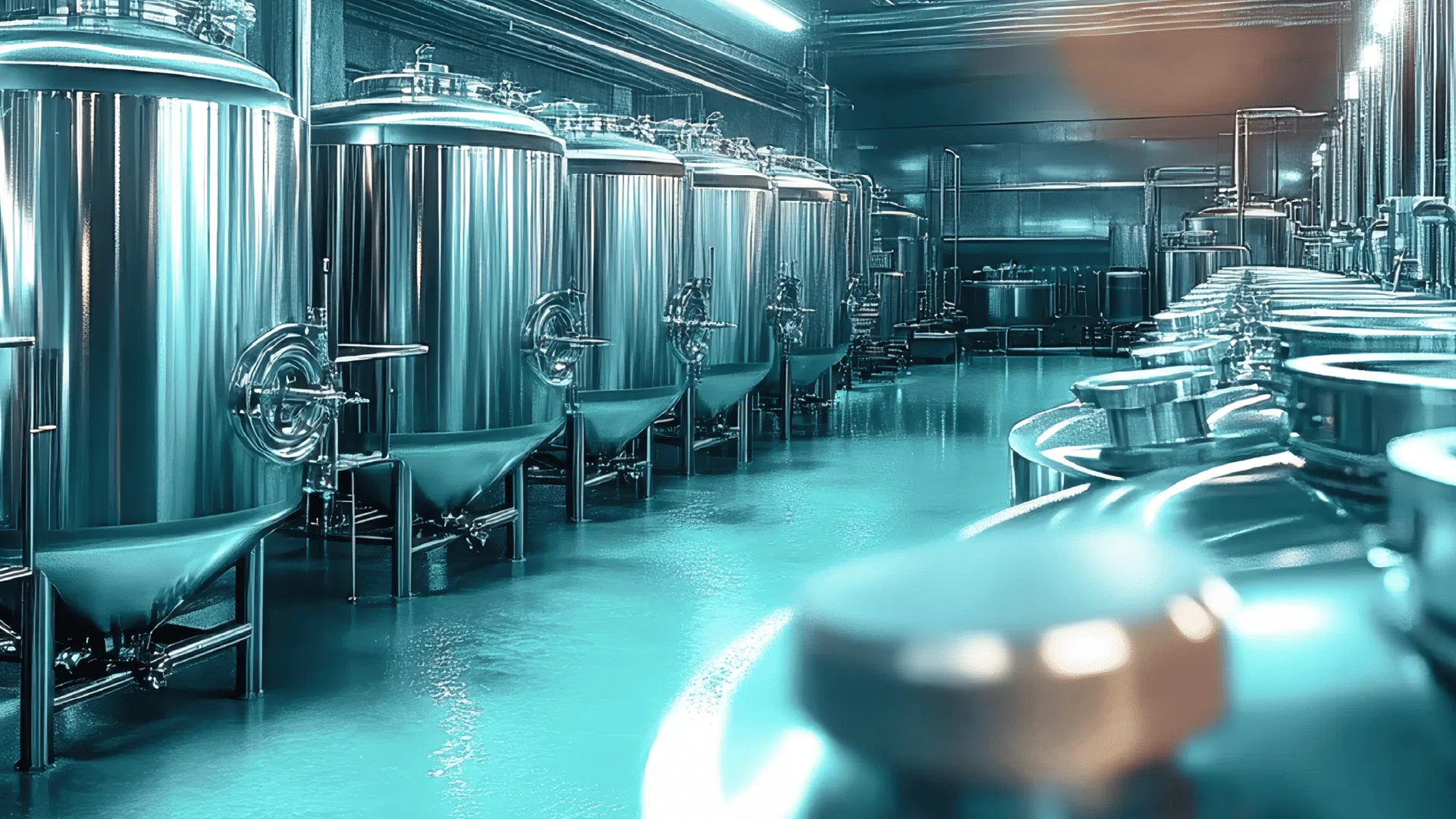SERO manages batches, uses tracking and recipe management, and maintains full process transparency.

Batch production is a manufacturing method in which a defined quantity of goods is produced in a single run. This quantity is called a batch and is usually processed further as one unit.
Typical features of batch-based manufacturing include:
In batch production, a limited number of items is manufactured.
Products often need to be stored temporarily between individual production steps.
Once a batch is completed, production can be quickly and flexibly switched to another product or variant.
Batch production meets the highest quality standards, as each batch can be monitored, inspected, and adjusted.
Batch production plays a crucial role for several reasons:
A typical example of batch production is yogurt in different flavors. First, a defined amount of plain yogurt is prepared and stored in food-grade tanks. From this base, separate batches are created – vanilla, chocolate, and lemon. Each batch is then filled and labeled individually.
As part of quality control, every batch is tested for taste, texture, and overall quality. The assigned batch number ensures the legally required traceability.
Batch production refers to manufacturing a defined quantity of a product under consistent conditions. Natural variations may still occur. In batch production, the process itself is the key factor behind differences between batches – whereas in lot production, the variations stem from the raw materials and their quality.
Lot production explicitly takes these fluctuations in raw material quality and characteristics into account. A lot is therefore defined as a unit of material shaped by the properties of the raw materials, which is then processed accordingly.
In series production, multiple variants of a product are created from one base material. The variants are manufactured one after another, typically in large quantities.
Batch production is especially valuable for companies with specific requirements around flexibility, product variety, quality assurance, or efficient use of resources.
Typical scenarios include:
Switching from one batch to another often requires retooling machines and equipment – a process that can be both time-consuming and expensive.
To produce different batches, production sequences, materials, and capacities must be planned with great accuracy. This demands time, effort, and careful coordination.
If batch production is planned incorrectly, bottlenecks, overproduction, or delivery delays may occur. The consequences are often higher costs, inefficient use of resources, and dissatisfied customers.
Strict regulations require seamless documentation of every batch. This can be complex and time-intensive – and if neglected, may lead to penalties.
Employees working in batch production must be well trained to react flexibly to changing production requirements.
Variations in production or raw materials can lead to inconsistent quality or even defective products. To prevent this and minimize risks, companies need to integrate robust quality control systems.
The industry ERP Yaveon 365 for the process industry is seamlessly integrated into Microsoft Business Central – and turns it into a professional solution for batch management. With a dedicated app, companies in the process industry can manage their batches safely, reliably, and transparently.
Key features include:
 Success story: SERO AS – Beitrag öffnen
Success story: SERO AS – Beitrag öffnen
SERO manages batches, uses tracking and recipe management, and maintains full process transparency.
 Success story: Evident Ingredients – Beitrag öffnen
Success story: Evident Ingredients – Beitrag öffnen
evident ingredients simplifies batch management and secures its future with Yaveon and the Cloud.
 Lot tracking explained simply – Beitrag öffnen
Lot tracking explained simply – Beitrag öffnen
Lot tracking allows to trace products and back to producers and ingredients throughout the supply chain.